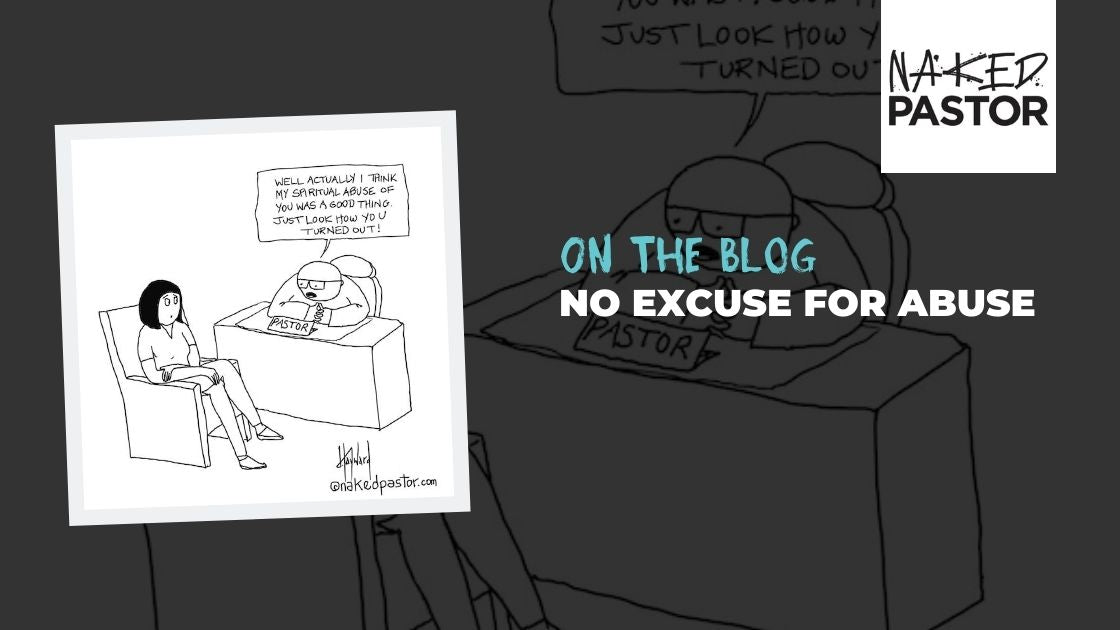Paul regrets writing a painful letter to the Corinthians (2 Cor. 7: 8, 9). He admits he was sorry when he wrote it. But now he’s not sorry because he got what he wanted. The Corinthians turned this terrible event around and made themselves better people.
Paul regrets writing a painful letter to the Corinthians (2 Cor. 7: 8, 9). He admits he was sorry when he wrote it. But now he’s not sorry because he got what he wanted. The Corinthians turned this terrible event around and made themselves better people.
Let's say Paul was abusive. He admits he regretted writing it. I imagine it was very mean.
This story isn't about the effectiveness of Paul's abusiveness.
This is more about the extraordinary quality of the Corinthians.

Unfortunately, many Christians use stories like this for permission to hurt others as long as it receives the desired results.
I know amazing people who are courageous, wise and resilient. Why? Because they've survived abuse and have arisen out of the ashes of their suffering to be the incredible people they are. They alchemized the gross metal of their suffering into gold.
But this does not mean we should abuse people so they can become better people.
People have done and said nasty things to me. So, I made the necessary changes to escape their abuse and improve my life. Later, they’ve remarked, “Good thing I said that to you or you wouldn’t be where you are today!”
Unfortunately, this is how the Church may operate. People have no qualms about spiritually abusing, shaming, and hurting people.
It’s okay as long as it achieves the desired result.
And if it doesn't then the victim is blamed for not responding the way they should have.
Repeat after me: There’s no excuse for abuse.

